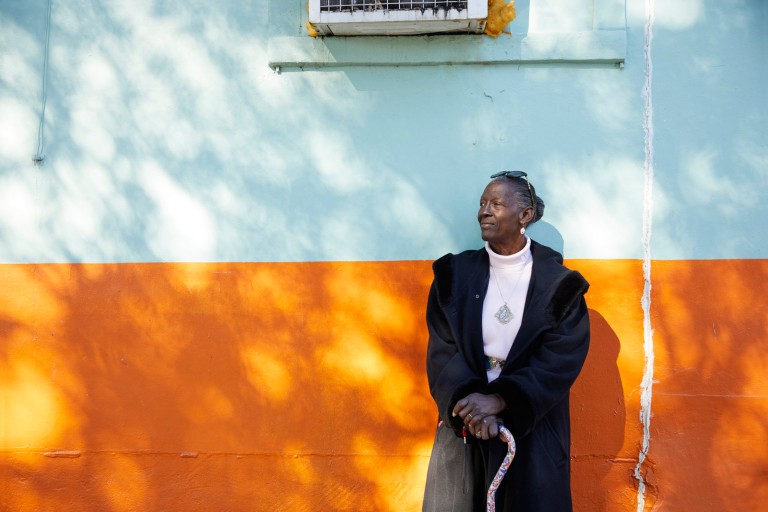There are many reasons why chronic diseases such as type 2 diabetes and obesity have been on the rise for decades. Some are due to risk factors that are not preventable, such as genetic factors and the simple fact that humans are living longer.
Doing nothing to stop this rise will only lead to more human suffering and more healthcare spending. Our customers are healthcare systems and the people using our treatments. If we do nothing to prevent chronic diseases, we are not living up to our values as a company, nor are we driving a sustainable business.
But there are areas where preventive actions can have a positive effect. Increasing urbanisation, socioeconomic inequalities, less active lifestyles and poorer diets. In combination, increasing urbanisation, socioeconomic inequalities, less active lifestyles and poorer diets are often the main reasons why more and more people are being diagnosed with type 2 diabetes and obesity.
We want to bend the curve on the rise of type 2 diabetes and obesity. There is no doubt prevention is key.
Keep reading and see how we work with chronic disease prevention.
Two out of three people living with type 2 diabetes reside in cities. The way urban areas are designed, built and run is changing the way we live and, in some cases, increasing our vulnerability to many serious chronic diseases.
In more than 50 cities around the world, we are drawing
attention to serious chronic diseases as a crucial health issue in
cities. We are working with global partners to improve research and
inform policies to design interventions that deliver meaningful
impact on the frontline of chronic diseases.
To learn more, go to
Cities for Better Health.
Globally, 40 million children under the age of five are overweight. This puts them at risk of developing early onset of type 2 diabetes, and is a strong predictor of adult obesity.
These children may also face challenges in thriving and reaching
their full potential. Being overweight can contribute to
stigmatisation, poor socialisation and emotional difficulties, and in
some cases reduced educational attainment.
Together with UNICEF, we are working on the prevention of
childhood overweight and obesity. Starting in Mexico and Colombia, but
with a broader regional and global reach and impact, the partnership
aims to ‘shift the narrative’ regarding prevention of overweight and
obesity from a focus on individual responsibility to the need for
addressing environments that promote obesity.
We believe every child should have the chance to grow well in a
changing world and to fulfil their potential.
Visit UNICEF's website to see what is being done to improve the state of the world's children.
IE24NNM00007;May 2024
